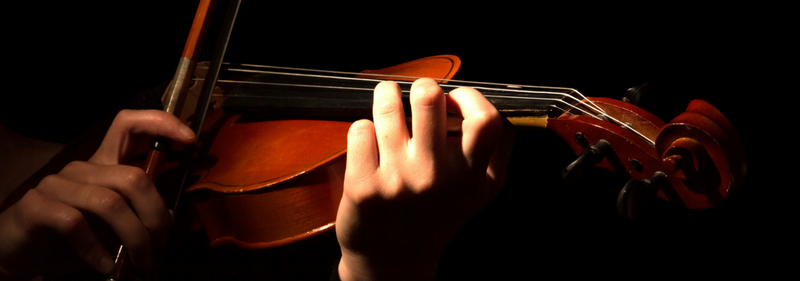Alfred Lord Tennyson once wrote that ’twas “better to have loved and lost than never to have loved at all.” For Samantha Lethe, that sentiment always educed a cold scorn. “If one can live without it,” she mused, “it must not have been that important in the first place.” Every morning and afternoon she forced herself to be reminded of what she had lost, and the continued pain that, after more than twenty years, far outweighed the joy it once brought.
In 2019, the first publicized cyberlimb attachment surgery was performed for concert violinist Leonora Bartoli, replacing a hand unfortunately lost in a tragic accident. Her next concert sold out in minutes, and press teams from around the world were marveled at the speed and grace with which her new, metal fingers were able to move – it was as if she hadn’t had the replacement at all. Transys, the corporation behind the emerging technology, was heralded as a savior, and the public had high hopes for what the future would bring.
Something they forget to mention in all of the shiny ads for the latest-and-greatest cyberware is that even the most minimally-functional replacement parts are prohibitively expensive for many families, including Samantha’s. A very gifted pianist, her parents and tutors recognized her potential at a very young age, and the promise of scholarships to expensive conservatories and world tours made for a very bright future. Truly exceptional, that is, until she was involved in a terrible accident. A motorist’s GridGuide system shorted out and sent the car barrelling onto the sidewalk, striking Samantha and sending her through a storefront’s plexiglass window.
Doctors were able to save most of her arm, but the cost of her induced coma and lengthy hospital stay taxed the family’s finances. When she woke she found a metal simulacrum in place of her left hand, barely able to open and close at her mental command. Though she struggled and pushed herself, there simply weren’t the finances to fit her a true replacement. No longer able to play the piano, the scholarships and promises of fame dried up, another tragic story in the forgotten annals of music.
Into adulthood, she recognized the value, the worth of technology, but was also well-familiar with the false promises it offered, the seductive lies it would tell in order to drain a bank account, ruin a life. Eventually her hand was upgraded to a fully-functional model, but she never again sat down at a piano – that life had been forever denied her by the cruel misfortune of not being wealthy.
As a runner, Samantha finds solace in the natural world, peace and calm in the sounds of running water and of a breeze through treetops. She has made the acquaintance of many shamans, and has largely adopted their thoughts on harmony and balance as relates to the modern world. Her small apartment, paid for by the runs she undertakes specifically targeting cyberware dealers and R&D labs, sits overlooking a small private music tutor. Every day she can hear students attempting to learn the scales and songs she once mastered, and the reminder continually hardens her resolve to strike back at the corporations who peddle false hope to victims of tragedy.
Suggested Archetypes: Mercenary, Shaman, Anti-technology Terrorist
Preferred Runs: Making cyberware factories, research labs, advertisers, or dealers go boom














